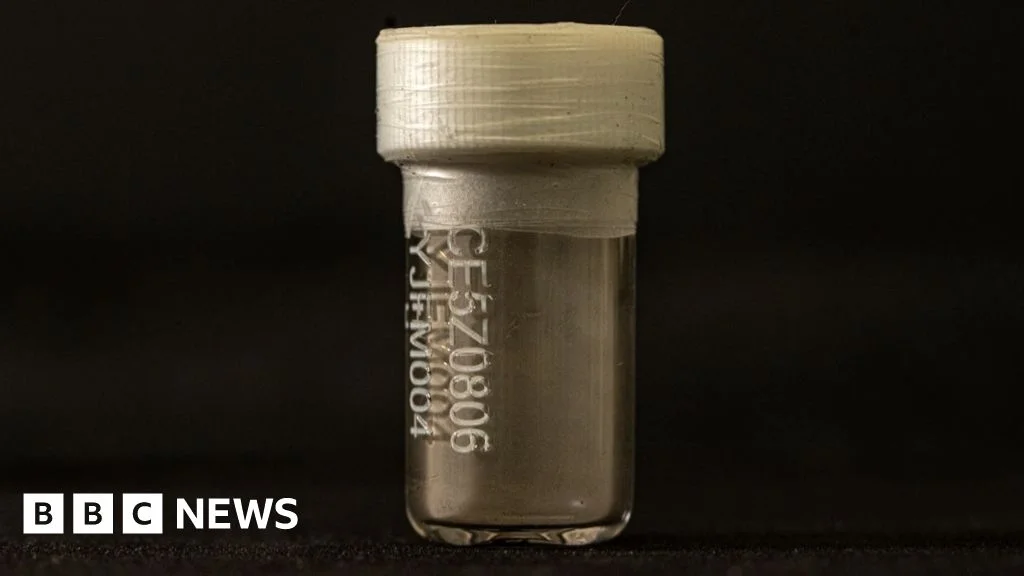
China Shares Moon Samples, NASA Excluded: A New Space Race Divide?
China's recent generosity in sharing lunar samples from its Chang'e 5 mission has sparked debate, highlighting a stark contrast in international space collaboration. While researchers from Europe, Russia, and even the US are gaining access to these invaluable materials, NASA and its funded scientists remain largely sidelined. This situation raises questions about the future of space exploration and the role of political barriers in scientific progress.
The heart of the issue lies in the Wolf Amendment, a 2011 US law that restricts bilateral cooperation between NASA and the China National Space Administration (CNSA). The law, enacted over concerns about technology transfer and national security, effectively prevents NASA from funding research on the Chinese moon samples. This has created a situation where American scientists can only access the samples through private funding, as was the case with Timothy Glotch at Stony Brook University.

Despite the limitations imposed by the Wolf Amendment, China has shared samples with Glotch and his research group, which involves scientists at San Francisco State University and the University of Hong Kong. This allows for crucial direct comparisons between Apollo-era lunar samples and the more recent Chang'e 5 samples, potentially unlocking new insights into the Moon's geological history.
Meanwhile, in the United Kingdom, Professor Mahesh Anand of the Open University is leading a team analyzing a 60-milligram sample. Their research, involving heating the sample to extreme temperatures, seeks to uncover valuable data about the history of elements in our solar system. Anand emphasizes the significance of this collaboration, viewing it as potentially the beginning of the long term collaboration between China and international scientists.
The Chang'e 5 mission, which landed in the Mons Rümker region of the Oceanus Procellarum, collected samples significantly younger than those from the Apollo missions. This discovery has already challenged existing scientific understanding, suggesting that the Moon was volcanically active for much longer than previously believed. The comparisons afforded by these shared samples could further revolutionize our understanding of lunar volcanism and the Moon's evolution.

The situation also underscores a shift in the space race landscape. While the US and China were effectively in a cold war concerning international collaboration, this seems to be coming to an end more recently. While the US currently leads on the Artemis Accords, aligned with NASA's program, China and Roscosmos are working in tandem to make advances in space.
China's willingness to share these precious samples, while NASA remains restricted, highlights a growing divide. Is the Wolf Amendment hindering scientific progress? Will the US reconsider its stance on collaboration in space, or will it continue to cede ground in international partnerships? The answers to these questions will shape the future of space exploration and the pursuit of knowledge beyond our planet.
What are your thoughts on the Wolf Amendment and its impact on space research? Share your perspective in the comments below!